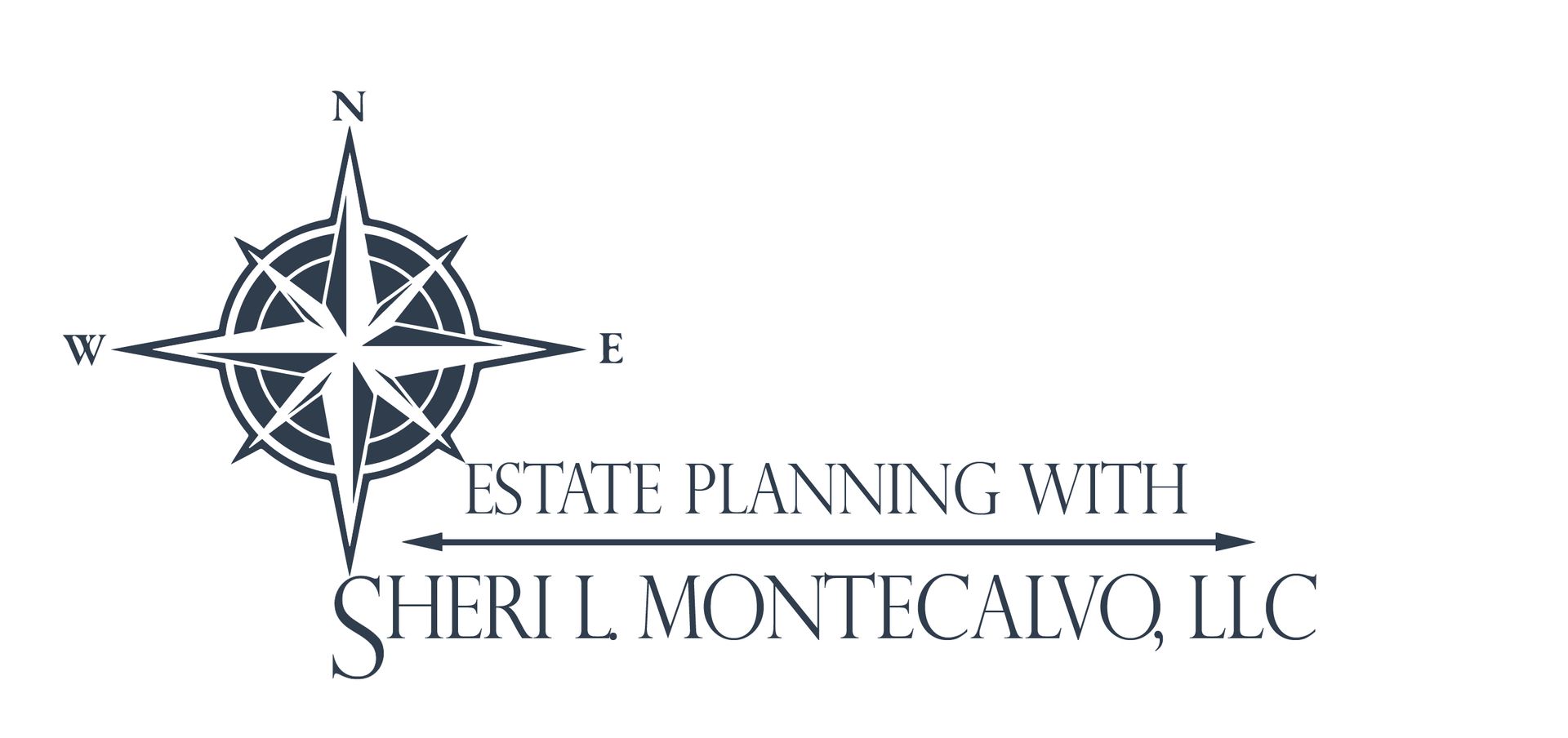Special Needs Planning
Special Needs Planning
Supplemental needs trusts (also known as "special needs" trusts) are an important component of planning for a disabled beneficiary. These trusts allow a disabled beneficiary to receive inheritances, gifts, lawsuit settlements, or other funds and yet not lose his or her eligibility for certain government programs.
Special Needs Planning
Americans are living longer than they did in years past, including those with disabilities. Planning by parents can make all the difference in the life of a child with a disability, as well as that of his or her siblings who may be left, with the responsibility for caretaking on top of their own careers and caring for their own families).
- Supplemental needs trusts (also known as "special needs" trusts) are an important component of planning for a disabled beneficiary. These trusts allow a disabled beneficiary to receive inheritances, gifts, lawsuit settlements, or other funds and yet not lose his or her eligibility for certain government programs. The trusts are drafted so that the funds will not be considered to belong to the beneficiary in determining her/his eligibility for public benefits. Supplemental needs trusts are designed not to provide basic support, but instead to pay for comforts and luxuries that could not be paid for by public assistance funds. These trusts typically pay for things like education, recreation, counseling, and medical attention beyond the simple necessities of life.
Planning by parents can make all the difference in the life of a beneficiary with a disability, as well as that of his or her siblings. Any plan should include the following components:
- A Plan of Care - that carefully establishes where the beneficiary with special needs will live, who will be responsible for assisting the person with special needs with decision making and who will monitor the person with special needs' care. It will help everyone involved if the parents create a written statement of their wishes for their child's care. They know him or her better than anyone else. They can explain what helps, what hurts, what scares their child (whether a child or adult), and what reassures him or her. When the parents are gone, their knowledge will go with them unless they pass it on.
- Trusts - In almost all cases where a parent will leave funds at death to a disabled child, this should be done in the form of a trust. Trusts set up for the care of a disabled beneficiary generally are called "supplemental" or "special", special needs trusts". There are three main types of special needs trusts: the first party trust, the third-party trust, and the pooled trust. All three name the person with special needs as the beneficiary, but they differ in several significant ways, and each type of trust can be useful in its own way. Choosing a trustee is also an important issue in supplemental needs trusts. Most people do not have the expertise to manage a trust, even if they are family members, and so a professional trustee may be considered.
- Life insurance - A parent with a child with special needs should consider buying life insurance to fund the supplemental needs trust set up for the child's support. What may look like a substantial sum to leave in trust today may run out after several years of paying for care that the parent had previously provided. The more resources available, the better the support that can be provided to the child.


